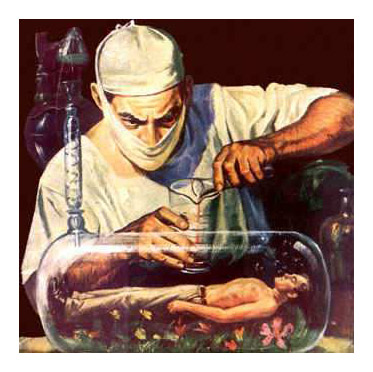Undergraduate Research
What is undergraduate research?
For starters, it's not just another lab class. The goal is more than just earning a grade or completing a degree requirement. Undergraduate research is an opportunity to put your book knowledge to work in what is truly a 'real world' research setting. The techniques you learn are those that are used in professional research laboratories, and the satisfactions (and frustrations) are also those that practicing scientists worldwide experience.
Research in the Spaller lab
Our research group is a multidisciplinary one, which basically means we use a variety of laboratory techniques—from those of organic synthesis to molecular biology—to study molecules with interesting biological and medicinal properties. The projects undergraduate students undertake in our group are not busy work or textbook exercises. These experiments are part of an active research program examining the cellular behaviour of biologically active molecules, from small drug-like compounds to large proteins. While not all projects are guaranteed to work—that's why it's called research—those that do have a good chance of becoming published in mainstream scientific journals.
Post-graduation benefits
 Successfully completing a project in a research laboratory can notably improve your chances of finding employment within the biomedical or life sciences after graduation, or in gaining admittance into a graduate or professional health sciences program of your choice.
The training received by students in our laboratory is a valuable commodity
that transfers to many employment possibilities within the chemical and
biological sciences.
Successfully completing a project in a research laboratory can notably improve your chances of finding employment within the biomedical or life sciences after graduation, or in gaining admittance into a graduate or professional health sciences program of your choice.
The training received by students in our laboratory is a valuable commodity
that transfers to many employment possibilities within the chemical and
biological sciences.
The bottom line: the work is challenging, but the benefits and rewards can be significant. For more information, you can come by Prof. Spaller's office to discuss research opportunities, or you may e-mail him to set up an appointment.
